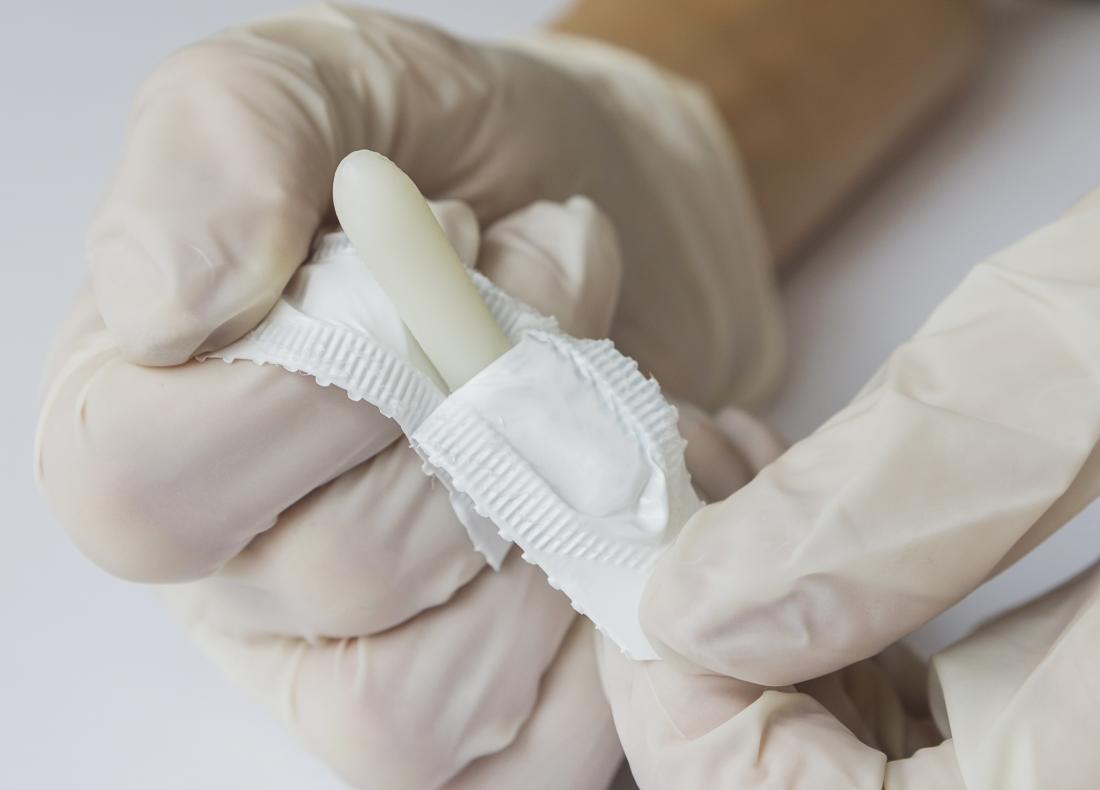Boric acid is a compound of boron, oxygen, and hydrogen with the formula B(OH)3. Boric acid suppositories are used to promote the proper acid balance in the vagina and treat yeast infections of the vagina. In this post, we answer the question, Can I Urinate After Inserting Boric Acid?
The answer to this question is yes. You can pee after inserting boric acid. Boric acid can only be inserted inside the vaginal canal and not inside the urethra. So, urinating will not cause any damage or side effects since they are totally different pathways.
Understanding The Uses of Boric Acid
Boric acid consists of oxygen, boron, and hydrogen. It has antifungal, antiviral, and antiseptic properties. Here are some of the uses of boric acid:
- For Pest control
- For Fireproofing
- For Preservative
- For Manufacturing
- For Antiseptic
- For Cleaning
It is important to note that boric acid can be irritating to the skin and may cause severe reactions.
Dangers Associated with Boric Acid Use For Virginal Infection
Boric acid is sometimes used as a treatment for vaginal yeast infections, but it is important to note that there are potential dangers associated with its use.
- Short-term use of boric acid suppositories may cause a burning sensation in the vagina
- Some women may experience vaginal discomfort after inserting the medicine.
- Short-term use of boric acid suppositories may cause vaginal redness.
- Short-term use of boric acid suppositories may cause watery vaginal discharge
- Boric acid can be toxic if ingested or put on open wounds. It is important to avoid using boric acid suppositories if you have any open wounds, sores, or ulcers in your vaginal area.
- Boric acid suppositories are not recommended for pregnant women or those trying to get pregnant.
What Should I Expect After Inserting Boric Acid?
You may experience a discharge that can be white or grainy. This is normal and a common side effect of boric acid use. Some people might experience mild irritation or discomfort initially. If you experience severe irritation, burning, or itching, discontinue use and consult a healthcare provider.
Over a few days, you should notice an improvement in symptoms such as unusual discharge, odor, or itching. It is important to complete the full course of treatment as prescribed by your healthcare provider, even if you start feeling better.
Alternative Treatments for Virginal Infection
Vaginal infections, including yeast infections, can be treated with a variety of alternative remedies.
- Garlic: Raw or cooked garlic can be used as a vaginal suppository at night to help treat a yeast infection.
- Probiotics: Probiotics can help restore the natural balance of bacteria in the vagina and prevent the overgrowth of yeast. Eating foods that are rich in probiotics, such as yogurt, kefir, and sauerkraut, or taking probiotic supplements may help.
- Tea tree oil: Tea tree oil has antifungal properties and can be diluted and applied to the affected area.
- Coconut oil: Coconut oil has antifungal properties and can be applied to the affected area.
- Honey: Honey is a natural antibiotic and antifungal. Some studies suggest that inserting yogurt with honey vaginally can help treat a yeast infection.
- Vinegar: Adding a half-cup of white vinegar to a bath or using vinegar and water as a douche may help relieve symptoms of a yeast infection.






